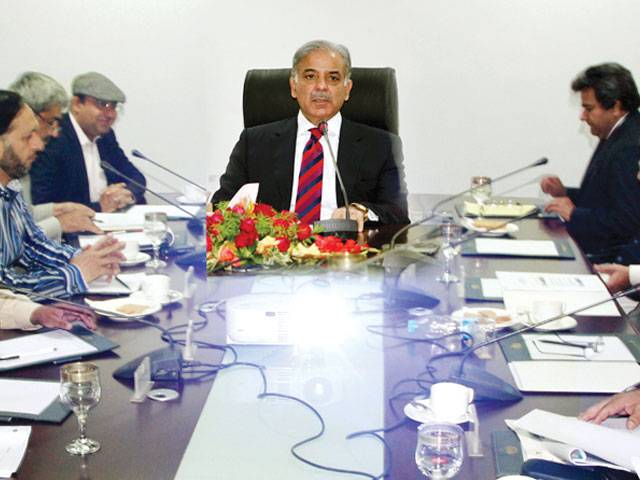LAHORE - The dengue epidemic is likely to hit Pakistan more fiercely this year, according to scientists and researchers. The researchers have recently found out that one of every three Aedes Aegypti female and Aedes Albopictus female mosquitoes is infected with dengue virus, speakers told the 32nd Pakistan Congress of Zoology that started at Government College University here on Tuesday.
The congress is being held jointly by GCU’s Zoology Department, Zoological Society of Pakistan and Higher Education Commission. GCU Vice-Chancellor Prof Dr Khaleequr Rahman chaired the opening ceremony of the three-day conference. As many as 650 research papers are expected to be presented at the international conference. Out of these 20 percent are on the epidemic control.
Addressing a special technical session of the conference on dengue control and treatment, GCU Zoology Department Chairperson Prof Dr Nusrat Jahan said that they had collected female mosquitoes from various localities of Lahore and screened them for dengue viruses using dengue specific monoclonal antibodies.
She said that results were alarming as they indicated more than 33 percent infection rate. She recommended biological and hormonal controls of dengue, saying that fumigation and sprays should be discouraged as they were more health hazardous than the dengue itself.
Talking about the management of critically ill adult patients of dengue shock syndrome, Allama Iqbal Medical College Principal Prof Dr Javed Akram revealed that dengue fever was not as fatal as was perceived to be; rather, he said it is the mishandling of patient that makes dengue fatal. He also highlighted various clinical aspects of dengue fever.
ZSP General Secretary Prof. Dr A R Shakoori said that this was biggest and most prestigious international congress ever held in Pakistan as experts from 13 countries including USA, Sweden, India, Switzerland and Afghanistan were presenting their latest innovate works that would cover all major areas of zoology including entomology and pest management, cell biology, molecular biology, bio-informatics, environmental bio-technology, bioremediation, genetics, toxicology, parasitological, microbiology, physiology, paleontology, environmental biology, wildlife conservation, fisheries and marine biology.
Speaking on the occasion, the VC said they were developing a healthy research culture in Pakistan and such science conferences and meetings were highly critical in this regard. He expressed pleasure that despite all negative propagandas, more and more international experts were coming to Pakistan and interacting with our youth. Zoological Society of Pakistan President Prof. Dr. Afzal Kazmi emphasized on the contribution of young scientists in national development, saying that these congresses are aimed at transferring scientific skill and knowledge to the youth.
Saturday, April 20, 2024
Dengue to hit more fiercely, moot told

US considers over $1bn weapons deal for Israel amid Middle East tensions
11:09 AM | April 20, 2024
6 drug peddlers arrested
April 20, 2024
Bilawal demands govt to hold ‘tripartite dialogue’ to curb terrorism
10:58 AM | April 20, 2024
Police intensifies crackdown on polluting vehicles
April 20, 2024
Policitising Tragedy
April 20, 2024
Tehran to Rafah
April 20, 2024
A New Leaf
April 20, 2024
A Tense Neighbourhood
April 19, 2024
Dubai Underwater
April 19, 2024
Dangers of Deepfakes
April 20, 2024
Feudalism
April 20, 2024
Kite tragedy
April 19, 2024
Discipline dilemma
April 19, 2024
Urgent plea
April 19, 2024
ePaper - Nawaiwaqt
Advertisement
Nawaiwaqt Group | Copyright © 2024





